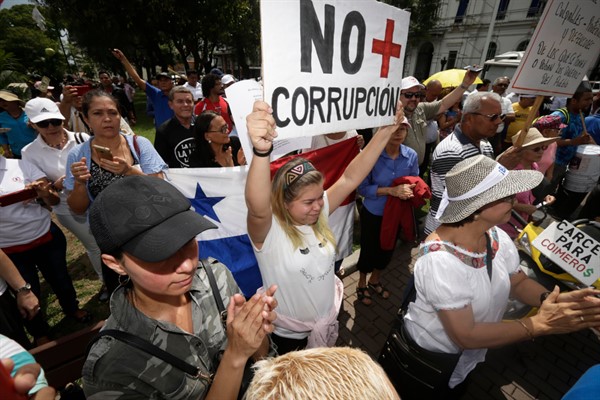The global response to the COVID-19 pandemic has generated an unprecedented level of spending, with more than $21 trillion committed to fighting the coronavirus so far, much of it falling under emergency measures that bypass bureaucratic hurdles and expedite the flow of funds. The speed and scale of this spending has created new opportunities for state-level corruption—ranging from fairly mundane examples, like demanding bribes for medical services, to more systemic forms of financial malfeasance, shady procurement practices and opaque spending.
The pandemic has also drawn attention to the ways in which pervasive graft exacerbates inequality in development outcomes, within and between states. Given the scale of the COVID-19 response, the United Nations has an opportunity to take meaningful steps on countering corruption in order to achieve the Sustainable Development Goals, or SDGs.
The U.N.’s 2030 Agenda for Sustainable Development is, in principle, a powerful tool for shared action on the most pressing development challenges in the world. Within that agenda, goal 16 specifically calls for inclusive governance and equitable access to justice, while setting out specific demands for member states to combat all forms of corruption.

